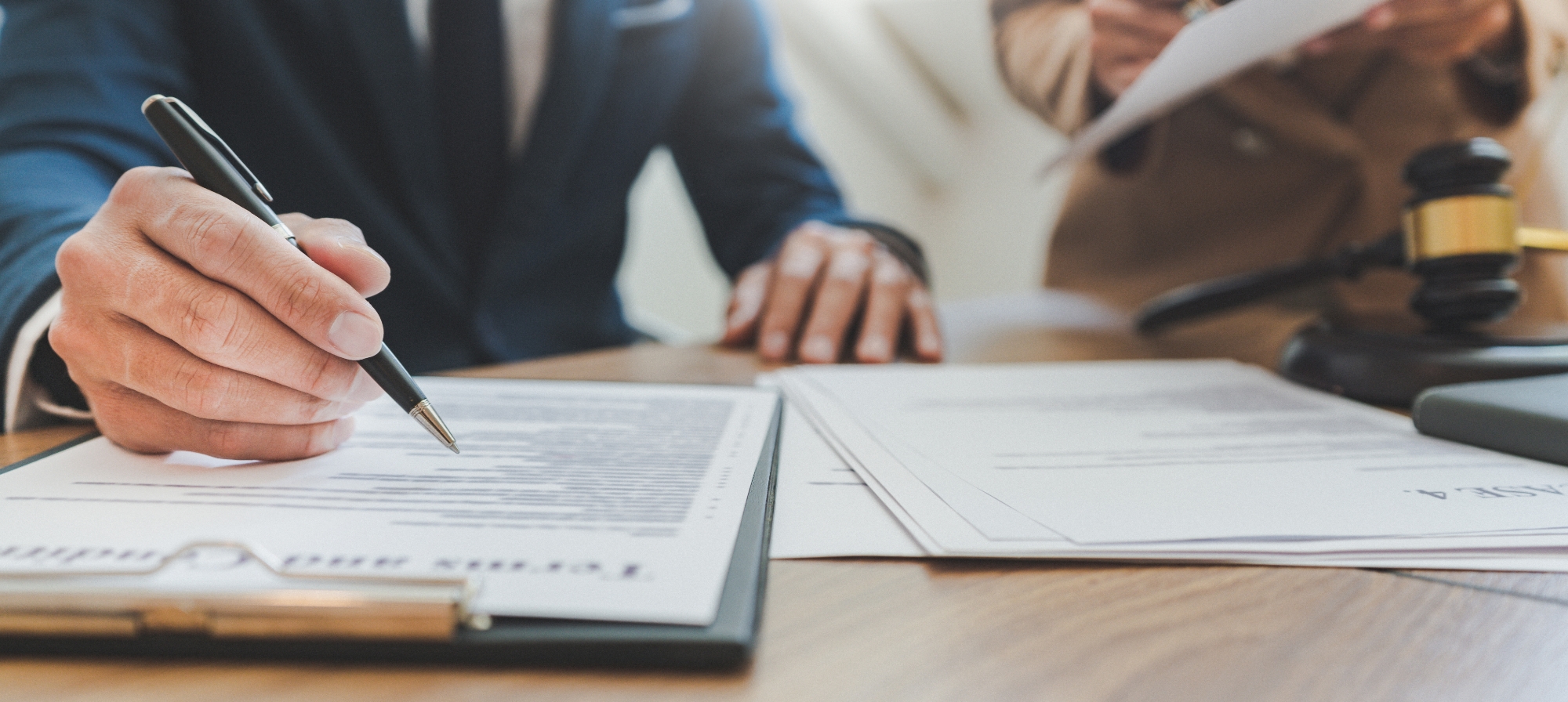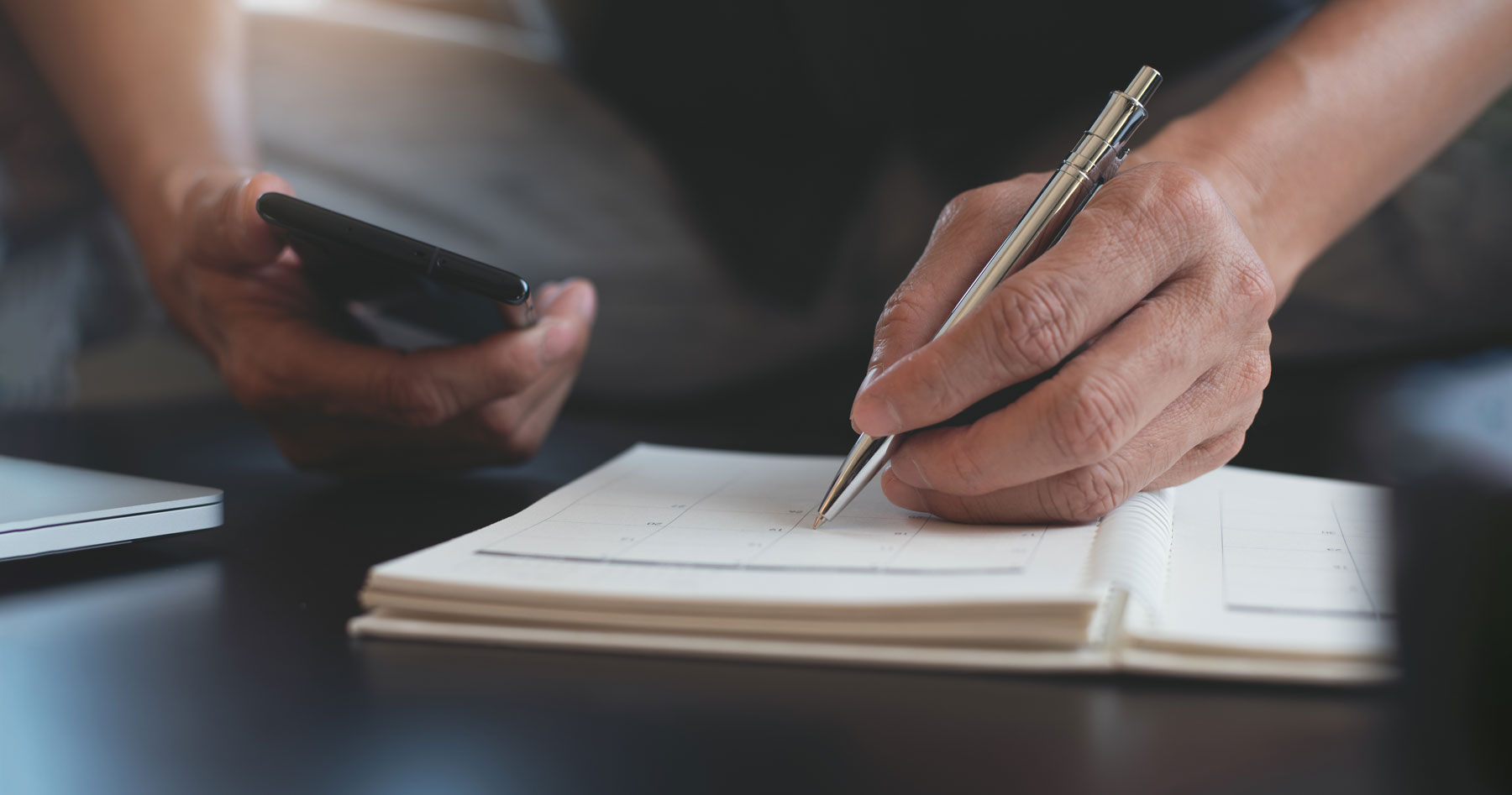After you file a personal injury lawsuit, both sides—the insurance company and your personal injury lawyer—prepare their cases for an eventual trial. During this “discovery phase” of the lawsuit, they conduct investigations, talk to witnesses, share evidence, and hone their arguments. And continue to negotiate.
If the discovery stage concludes and the two sides still can’t agree on a settlement, the personal injury case could potentially go to trial on the scheduled court date. However, to encourage out-of-court settlements and save judicial resources, most judges require the parties to complete mediation before trial.
In this blog, we’ll take a closer look at the mediation process, pros and cons, and why it might be the right choice for your personal injury claim.
What Is Personal Injury Mediation?
Mediation is a form of alternative dispute resolution for personal injury claims where the two sides meet with a neutral third-party mediator. This mediator could be someone both sides agree to work with or could be assigned by the court. Mediators are frequently former trial lawyers, judges, and other legal experts with relevant experience.
Although mediation is similar to a trial in some ways, with both sides bringing their evidence and arguments, it’s a much quicker and less formal process. The mediator’s role is to encourage agreement, cooperation, problem-solving, and compromise.
Another important distinction is that personal injury mediators do not make binding decisions. They only facilitate negotiations. If, at the end of the mediation process, both sides still can’t come to a settlement agreement, the case can proceed to trial (or in some cases a more binding form of alternative dispute resolution, such as arbitration).
How Does Personal Injury Mediation Work?

Although mediation is meant to be much less formal than a jury trial and involve more open conversations, mediation sessions are still typically highly structured and organized to allow both sides to make their case. The agenda is agreed to beforehand—there should be no “surprises” for either side.
The typical mediation process looks something like this:
- Opening statements. Your personal injury lawyer will make an opening statement explaining your allegations, extent of the damages, and the legal arguments involved. The defense attorney will follow with a statement of their own.
- Sharing evidence and information. Both parties will share relevant documentation like medical reports, testimonies, settlement demands, and evidence in an attempt to justify their competing claims. Private data is shared confidentially.
- Evaluation of claims. The mediator will ask questions, analyze the situation and evidence from a neutral standpoint, determine the relative strengths and weaknesses of each side, and assess the likelihood of one party prevailing over the other in court.
- Bargaining and negotiations. Based on communication with both sides in separate sessions, the mediator will float various settlement proposals and scenarios, and counteroffers may be presented. These discussions help gradually move parties toward agreement.
During sessions, the mediator may meet with each side independently and focus on the weaknesses of each case. They will advocate against you in your attorney’s room, then advocate for you in the other room. The goal is to push both sides toward compromising in the middle.
If the mediation is successful and both parties involved reach an agreement, then a final mediation agreement will be written by the attorneys and signed by both parties to close the case. Just like any other settlement or jury verdict, this will be legally binding.
If the mediation isn’t successful, the case will typically proceed to a jury trial.
Potential Advantages of Personal Injury Mediation
There are many key advantages to going through the mediation process. Some major ones include:
- Saving time and money. Trials are time consuming and expensive. Attorney and court fees add up fast. Mediation can help parties reach a mutual agreement faster, with fewer legal costs. That could mean more money in your pocket.
- Less risk. Trials are also unpredictable for both sides, since juries don’t always behave as expected. Mediation allows the parties to hammer out an agreement that both sides can live with. Additionally, since the mediator cannot make any binding decisions, you still have the option of going to trial if mediation fails to produce a fair outcome.
- More control and flexibility. Parties have more influence shaping settlements compared to leaving decisions in the hands of judges or juries. Creative solutions are possible.
- Maintaining privacy. A court trial is a matter of public record. However, mediation discussions and proceedings generally remain private, and binding settlements are usually subject to a confidentiality agreement.
- Less stress. Mediation is shown to help provide psychological closure and more emotional satisfaction with case outcomes for most (although certainly not all) personal injury victims, due to the increased focus on cooperation and mutual understanding. A more relaxed environment, with no rigid legal procedures, can sometimes make it easier to speak openly and facilitate compromises.
Don’t Go to Mediation Without an Experienced Personal Injury Attorney Representing You
While it’s true that mediation is a less rigid and formal process than a court trial, don’t be lulled into a false sense of security. It’s extremely important that your personal injury lawyer comes to the session prepared and ready to make the best, most articulate case on your behalf.
During the mediation process, the defense lawyer isn’t just there to work out a compromise. They are also imagining what might happen if your attorney has the opportunity to make the same arguments in front of a jury. A good personal injury lawyer will approach mediation with the same level of preparedness, tenacity, and determination as they would a jury trial.
At Crosley Law, we take mediation extremely seriously. Many of the largest pre-trial settlements we’ve ever achieved, including a $30 million win last year for the family of a young girl, were personal injury mediation cases. When your attorney can head to mediation with a detailed presentation, compelling arguments, and a track record of winning big at trial, it ramps up the pressure on the at-fault party to agree to a reasonable settlement.
Car Crash? Call Crosley
Our San Antonio personal injury attorneys represent accident victims through negotiations, mediation, and other legal proceedings. We have been recognized across the state for our incredible track record of success and major settlements.
If you or someone you love has been involved in an auto accident or other personal injury that was someone else’s fault, give us a call today at (210) 529-3000 for a free consultation. Your initial case review is free, and you won’t owe us anything unless we win your case.








